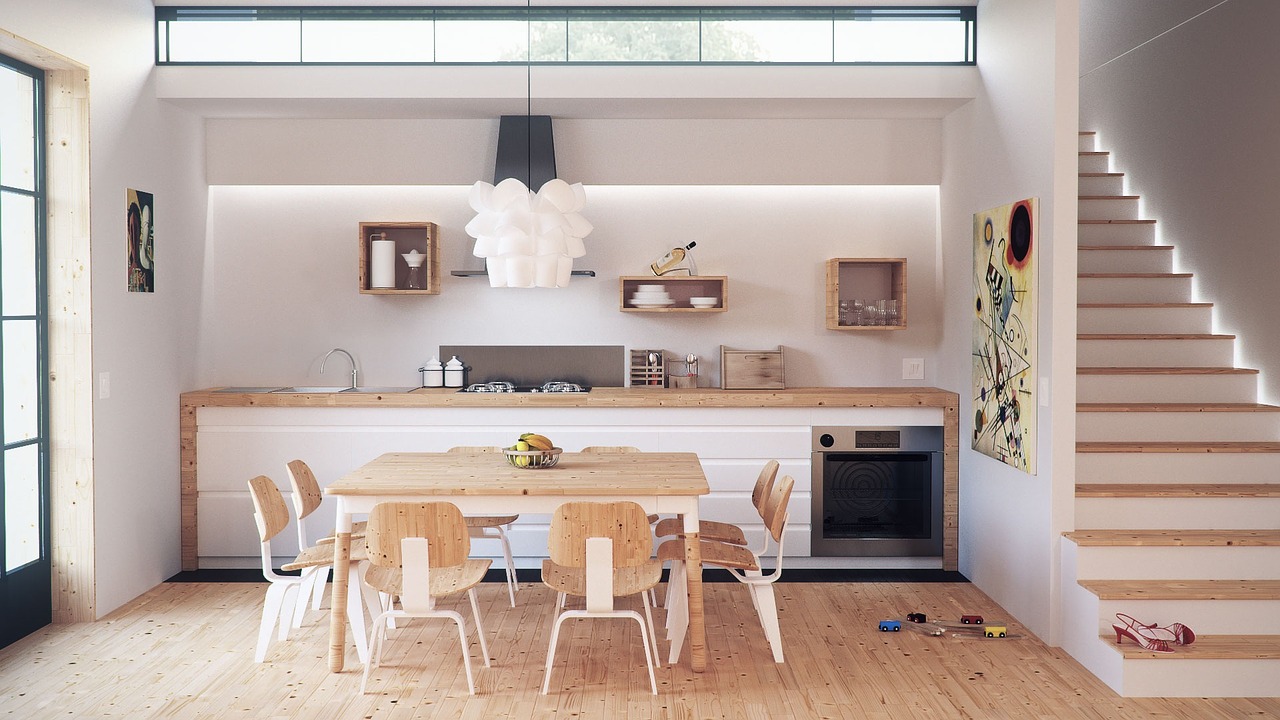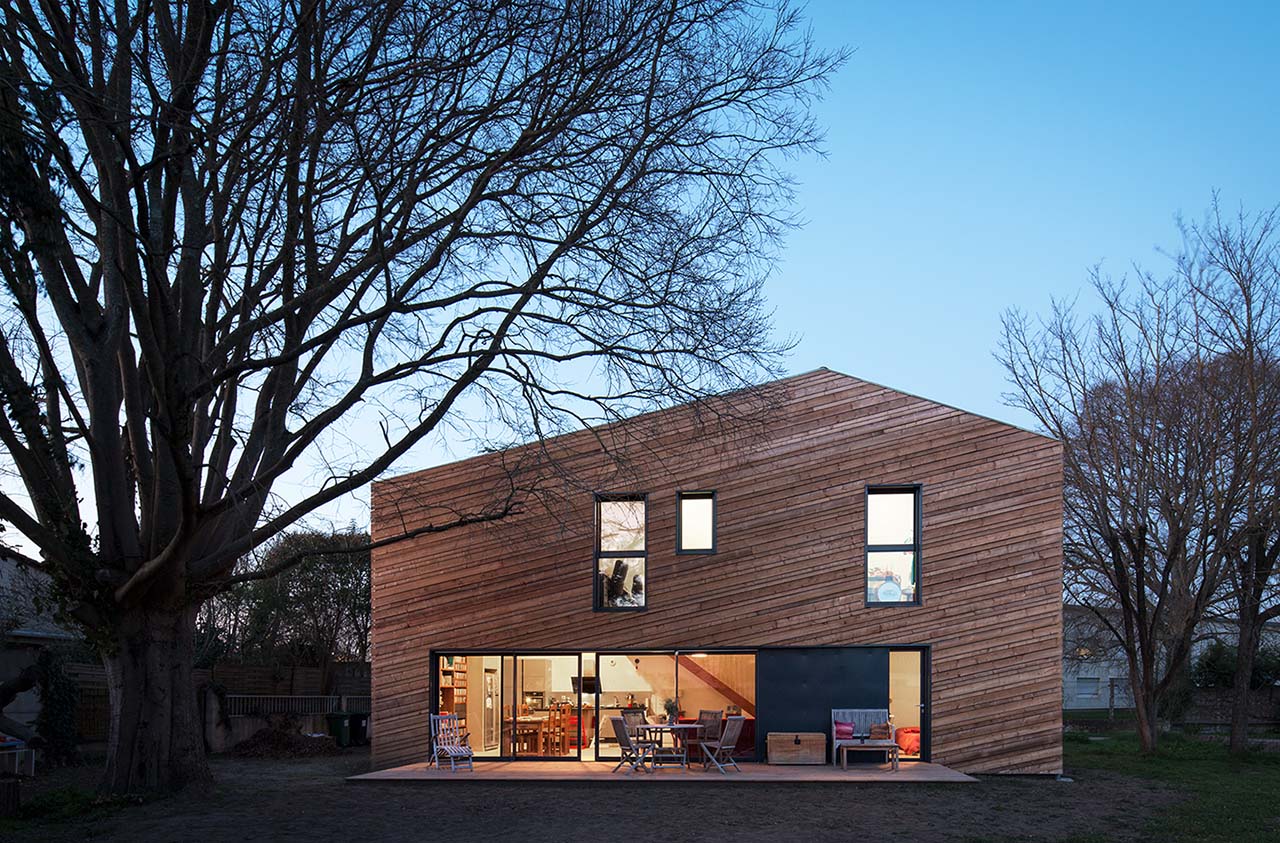From Bio-Based Panels and Demountable Buildings to Recycled Plastic Insulation:
Environmentally Responsible Architecture of the Future
Julien Vincent, Bordeaux-based architect and co-founder of whyarchitecture, takes stock of the environmental challenges to come for the building sector.
From Bio-Based Panels and Demountable Buildings to Recycled Plastic Insulation: Environmentally Responsible Architecture of the Future
Julien Vincent, Bordeaux-based architect and co-founder of whyarchitecture, takes stock of the environmental challenges to come for the building sector.
To combat climate change and reduce greenhouse gas emissions, France’s most energy-intensive sector – construction – must undergo a profound transformation. While RE2020, a new environmental regulation for new construction aimed at reducing the sector’s energy consumption and CO2 emissions, may just be coming into effect in France this year, architects have been exploring innovative technical solutions to make construction more eco-friendly for some time now. We sat down with Julien Vincent, co-founder of whyarchitecture to get his insights.

The construction sector accounts for 44% of energy consumption in France and at least 25% of CO2 emissions. Are companies in the construction sector finally starting to take the issue of climate change seriously?
According to a 2020 survey commissioned by the French Architects’ Association (Ordre des Architectes), climate change is now the number one issue for a majority of architects (eight out of ten). In order to comply with RE2020, even our less environmentally minded colleagues will have to start making eco-friendly choices. This will be much more challenging for builders and construction firms, whose mindset prioritizes short-term profitability and the way things have always been done.
When you look at consumers, developers, investors and the public sector, which group is the most environmentally conscious?
Consumers. They are asking a lot of questions. They want to know where the products they use come from and they are extremely happy when they can help save the environment and support local businesses at the same time.

Can industrial construction products also be an environmentally responsible choice?
The architects who are contributing to the green transition tend to opt for local, smaller-scale businesses over industrial ones. Now more than ever, we need to understand the stories behind the products we use: how they were designed, where they come from, and how they were produced. For example, I know the CEO of a small family business that has developed insulation from plastic water bottles. Their product offers a smart way to recycle a material that we somehow seem unwilling to let go of for the time being. As long as the product performs the same, the story behind it makes me want to use and promote it over industrially manufactured insulation.

Are there any solutions for shrinking the carbon footprint of the construction industry that are more natural?
Very soon, interior walls could well be made from composite wood panels instead of plasterboard, a material that emits CO2 during the manufacturing process. In fact, we just finished a farm renovation where instead of plasterboard we used interlocking MDF panels produced in Belgium. These kinds of panels make it easy to make adjustments later, install new wiring, replace the insulation or make repairs if there is a water leak. If these panels were produced in France from all bio-based materials, they would be a fantastic green alternative to plasterboard.
If you could highlight just one new construction trend, what would it be?
I really believe in demountable buildings. Today the sector is still pretty small, but we are in the process of developing it and it has the potential to take off in the near future. For me, this is a crucial solution if we want to live in a resilient world.
This website has been designed to reduce impact on the environment.